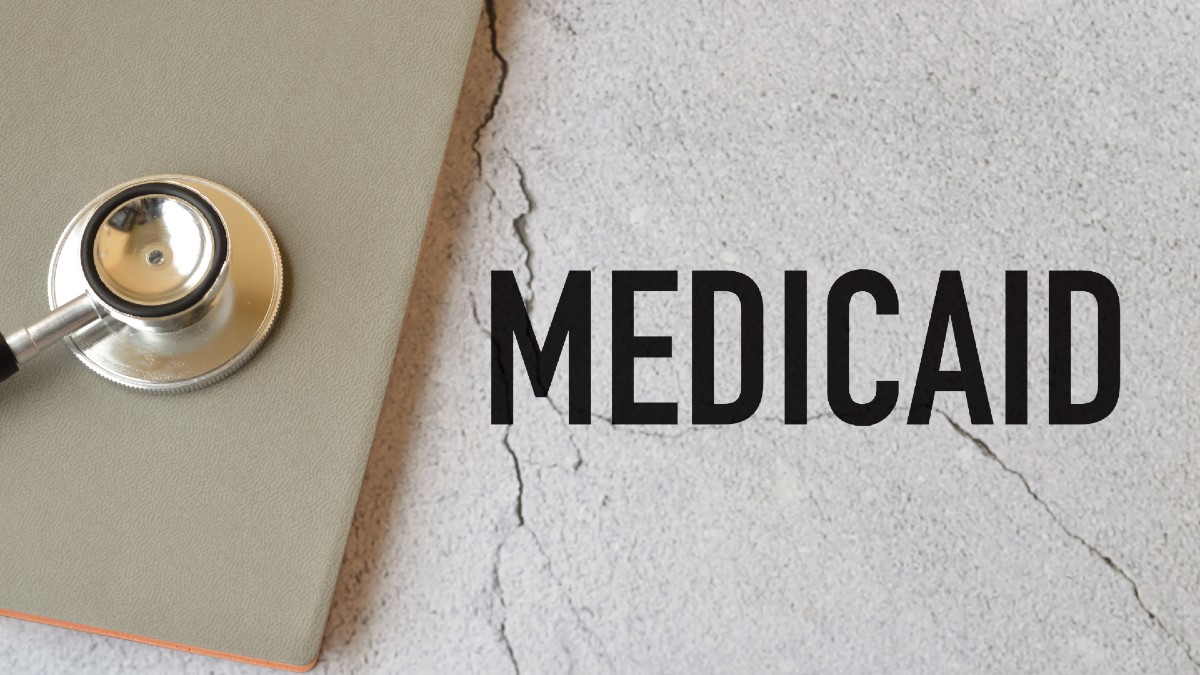Federal health officials gave Florida the green light to enroll tens of thousands of older, long-term care patients into a statewide Medicaid privatization program. But Gov. Rick Scott noted Monday he is awaiting a final signoff from the feds to privatize the program statewide for most of the state's nearly 3 million Medicaid recipients.
Florida lawmakers have been waiting for nearly two years to learn whether the feds will allow them to expand a program that allows for-profit providers to determine the health care of millions of the state's poor. The goal of the sweeping privatization bills passed in 2011 was to save the state money while improving services, though little solid data exists on whether the approach works. Lawmakers warned that Medicaid's roughly $21 billion annual costs were consuming the state budget.
But critics worry for-profit providers are scrimping on patient care and denying medical services to increase profits.
U.S. Health and Human Services Secretary Kathleen Sebelius approved the long-term care portion of the request late Friday. During a meeting in Washington last month, Scott asked her to act quickly on the statewide request so that Florida lawmakers can figure out how it will affect their plans to implement The Affordable Care Act.
"We need HHS's immediate action to determine what flexibility we will have within our current Medicaid program and its impacts on the cost, quality and access to healthcare. Our state is facing unprecedented decisions that demand unprecedented attention from federal health officials," Scott said in a statement.
Scott Wants to Give $2,500 Raise to Florida's Teachers
The waiver approved on Friday is somewhat of an incremental step in the process and does not signal that federal health officials will approve the expansion of the statewide program.
Local
The waiver requires tens of thousands of older Medicaid recipients to get long-term care through managed care organizations, including home and community-based services to keep them out of nursing homes.
AARP Florida Director Jeff Johnson warned managed care organizations to adhere to strict compliance of the laws, saying the wellbeing of the "frailest of the frail is at stake."
"AARP Florida and its members will be watchdogs for this reform and will seek to hold state officials accountable for how these plans are implemented, for the transparency of the state's actions, and for the quality of care and consumer protections provided by managed-care plans that are funded by state and federal dollars under this experiment," Johnson said in a statement.
The decision comes as the GOP-controlled Legislature is playing a catch-up of sorts on implementing the federal health overhaul. Florida led the way in challenging the constitutionality of the Affordable Care Act. Some Democrats are now accusing state agencies of not having a Plan B in case the law was upheld, leading lawmakers to make crucial decisions on tight deadlines.
For now, it appears Florida will allow federal health officials to run an online state exchange, where consumers can shop for health insurance.
Florida Unemployment Drops to 8 Percent in December
Florida must also decide whether to expand Medicaid under the federal health overhaul and offer health insurance to an additional roughly 900,000 residents.
Meanwhile, the state is waiting on the feds to sign off on the statewide privatization request.
Federal health officials have been cautious all along about Florida's statewide privatization request to continue with an overhaul that expands on a five-county pilot program. HHS officials have said they want to make sure the state addresses concerns about access to health care in the program raised by some residents.
In 2011, federal health officials allowed the state to continue running the five-county pilot program, but insisted on new protections, more accountability, and quality reporting.
Some doctors have dropped out of the pilot program, complaining of red tape and that the insurers deny the tests and medicine they prescribe. Patients have complained they struggled to get doctor's appointments. Supporters of the overhaul say new accountability measures will address those concerns.
Several health plans also dropped out of the pilot program saying they couldn't make enough money. Patients complained they were bounced from plan to plan with lapses in care.
Federal health officials have also noted concern about those disruptions during the nearly two-year negotiations.
Nearly half of the 200,000 patients enrolled in the pilot have been dropped from at least one plan, federal health officials previously said.
The state has been running the program in Broward County, Duval County and three of its neighbors since 2006.
Lawmakers say they have fixed the pilot program's shortcomings, with provisions including increased oversight and more stringent penalties, including fining providers up to $500,000 if they drop out. The measures also increase doctors' reimbursement rates and limits malpractice lawsuits for Medicaid patients in hopes of increasing doctor participation in the program.
In 180 Shift, Gov. Rick Scott Endorses More Early Voting Days



